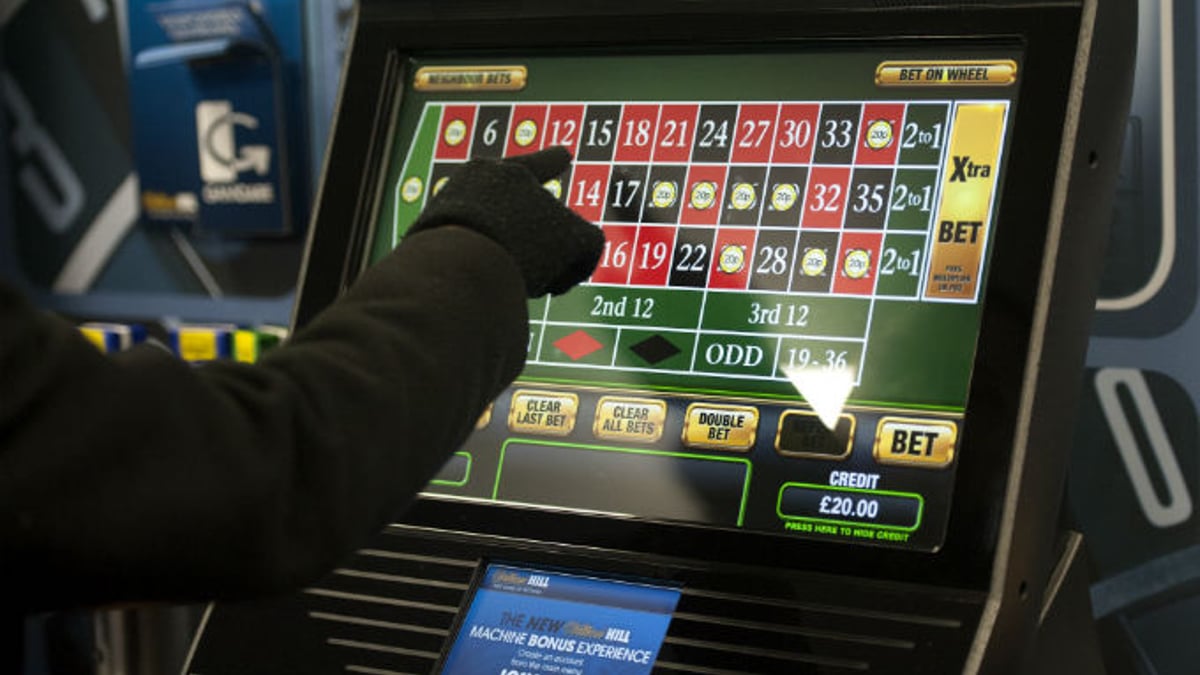What Changes Can We Expect From The New FOBTs Maximum Stake?

Research by the Department for Digital, Culture, Media & Sport into potential gambling behaviour changes under the new maximum stakes on fixed-odds betting terminals (FOBTs) suggests up to 10% of current users of the B2 gambling machines could quit gambling altogether.
The maximum stake will be reduced from £100 to £2 on Monday, April 1, the result of a tiring and volatile political battle against FOBTs, which have been heavily cited as a key source of problem gambling in the UK.
It is believed FOBTs are accountable for around half of revenue generated by high-street bookmakers, with William Hill claiming up to 900 of their 2,300 UK outlets face closure as a direct result of the lost income expected from the curbed stakes.
Consequently, William Hill – one of the longest-serving operators in British bookmaking history – have openly asked around 2,000 of their landlords to halve rent costs to spare them a mass closure of outlets.
High Street Bookies To Take Hit
Other major bookmakers have warned of the threat of shops closing down and subsequent redundancies, but some employees in the high street sector are unconcerned and actually welcome the new maximum stake as they expect it to lead to less gambling-fuelled crime and anti-social behaviour.
“Only 3 more days until the law changes to max £2 a spin and our bookies will be a safer place to work. No more gamblers threatening staff and smashing machines after losing their wages,” wrote one cashier on Twitter this week.
The most recent statistics from the Gambling Commission, who supported the government in their quest to quell the threat of FOBTs to society, suggest Britain has over 33,000 B2 gaming machines, 191 of which are found in casinos with the rest placed in betting outlets.
With over 8,000 high street betting outlets in the UK, many of which are found in areas where unemployment is high and the temptation to gamble is therefore prevalent, it is perhaps no surprise that FOBTs attract a high proportion of problem gamblers.
📅 New £2 maximum stake on #FOBTS comes into play on Monday folks
— Gambling.com (@gambling_com) March 28, 2019
🎰 But what impact will it have on the latest gambling behaviour trends in the UK?
https://t.co/NHdiaJ3Sxu
A report by the Regulatory Policy Committee (RPC), a government independent body, on the Department for Digital, Culture, Media & Sport (DCMS)’s FOBTs policy has highlighted that an estimated 10% of regular FOBT users will be put off using the B2 machines and may be left unsatisfied, so much so that they may not seek out an alternative gambling leisure.
However, that assumption is based around users who do not have an addiction, rather a controlled level of participation on FOBTs. For those with an addiction, there are several possible avenues one may pursue, warns the same report, with longer session times on the machines a clear possibility.
Latest FOBT Policy ‘Fit For Purpose’
“The Department anticipates that GGY (Gross Grambling Yield) losses might be mitigated, to a limited extent, by players choosing to gamble at lower stakes for a longer period,” wrote the RPC.
Based on machine data provided to the department, the DCMS estimate that FOBT sessions could now average up to 28% longer, although the knock-on effects of that could include other potential users opting out due to reduced availability of machines.
The DCMS estimates that the new policy will have an annual cost of £540 million to the high-street bookmaking business, which will naturally hit government income on gambling related tax too, but the RPC has nonetheless deemed the new legislation “fit for purpose”.
The RPC report also acknowledged the DCMS’s commitment to working closely with the Gambling Commission to develop a monitoring and evaluation strategy, an important first step to assessing the effectiveness of the new policy.
Stay In The Loop With Free Bets, Insider Tips & More!
Live Betting. Sports Promos. Sent Weekly.








